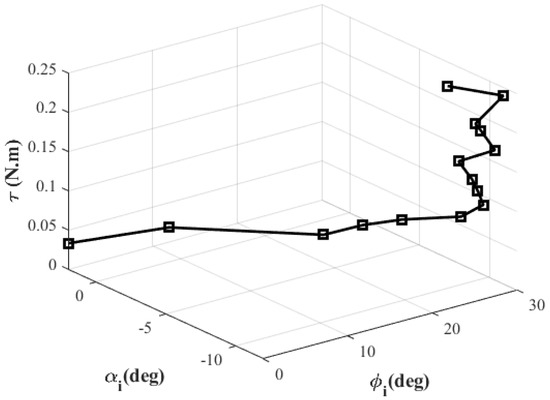

Transportation, including automotive, aerospace, and rail.Manufacturing, including food and pharmaceutical, chemical and petroleum, pulp and paper.
HISTORY OF AUTOMATION SCHOLAR PROFESSIONAL
Using our definition, the automation profession includes “everyone involved in the creation and application of technology to monitor and control the production and delivery of products and services” and the automation professional is “any individual involved in the creation and application of technology to monitor and control the production and delivery of products and services.” Automation encompasses many vital elements, systems, and job functions.Īutomation provides benefits to virtually all of industry. We define automation as "the creation and application of technology to monitor and control the production and delivery of products and services.” Both government and employers can and must do better.The dictionary defines automation as “the technique of making an apparatus, a process, or a system operate automatically.” The alternative effectively holds disadvantaged members of our society back, building a future enjoyed by the few at the expense of the many. Every human deserves the opportunity to learn skills that will carry him or her into the future. Rather than fight technology, we should embrace it and prepare workers whose fields move overseas or are learned by robots. Doing nothing is not an option. Entire industries have evaporated from the American economy. Another option may be employer or government subsidized online training and digital degree programs.Īt least one thing is clear. MIT Sloan Professor Paul Osterman recommends tapping into America's 1,600 community colleges to reskill displaced workers, as these institutions effectively yield large wage increases for students. Without it, we don't really know how mechanization is changing our world. What to do? Winterberg suggests a policy of “mandatory early notification to workers. Companies should report planned workforce changes to a global automation observatory – this gives workers time to look for a job before becoming unemployed and governments/civil society time to plan for specific reskilling, tax revenue forecasting, and recruitment of new businesses.” She notes that the EU already tracks such data and stressed the importance of a worldwide observatory that tracks labor market changes due to automation. Both Republican and Democrat districts that were heavily impacted by automation and outsourcing tended to oust moderate congressional representatives in favor of more conservative or liberal ones, respectively. Furthermore, the researchers found that “in presidential elections, counties with greater trade exposure shifted towards the Republican candidate.” T he politician who promises to Make America Great Again speaks the right language, offering nationalistic sentiment and relief for those caught in the technological crossfire of the inevitable future. But in the words of Benjamin Franklin, "well done is better than well said." In this regard, workers need action. finds that we are Importing Political Polarization. David Autor, MIT Professor of Economics, et al. But they must go hand in hand with mechanisms that support displaced workers.ĭisenfranchised workers are rightfully angry and express it with their vote. Efficiency improvements, automation, and shifts to lower priced labor markets must be embraced by countries looking for competitive advantage. Shelley Peterson, Lockheed's Head of Emerging Technologies, reported that the preliminary use cases result in over 90% reduction in touch labor, turning what once took multiple techs multiple shifts into work that one person can do in a matter of hours. This case is one among multitudes echoing the tune of technological streamlining. Lockheed Martin uses augmented reality in the construction of its new Orion spacecraft. Technicians don the Microsoft Hololens and see an overlay detailing exactly which piece from among of thousands goes where. This week business leaders, policy makers and researchers convened at the MIT Media Lab for EmTech Next to discuss how to wrangle in exponential technological changes without breaking the economy as we know it. Yet beneath the surface of innovation a current of economic disenfranchisement threatens to sweep society away. Artificial Intelligence (AI) and automation promise to usher in a new era of inexpensive goods, effortless personalization, and freedom from tedium.


 0 kommentar(er)
0 kommentar(er)
